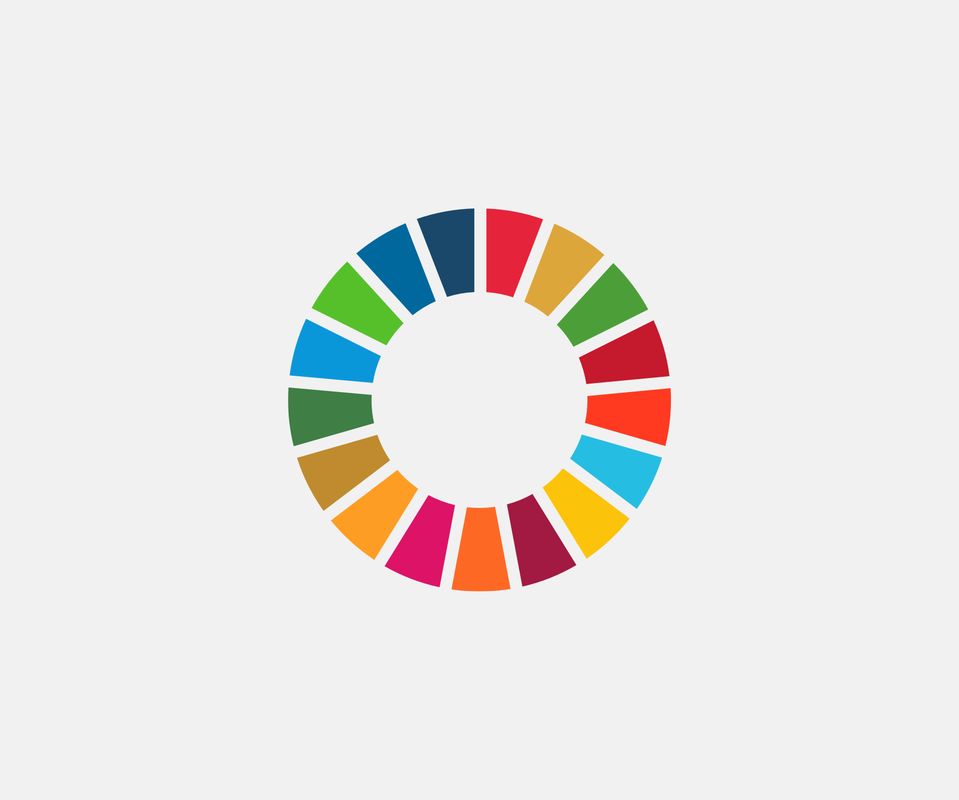|
By Ankita Baidya At first glance, sustainable development means to improve upon our society without compromising the future of it. This statement is true, but sustainable development, in reality, has a fuller meaning than first comes to mind. As someone from a developing country like India, we are deeply aware of the perverse poverty that exists here. Innumerable people here sleep with an empty stomach and without a roof.
While the country might be progressing quickly in other areas, the poverty crisis has barely made headway. The wealthy are becoming wealthier and the impoverished are sidelined from this supposedly ‘progressive’ society. It seems obvious that before India and similar countries can become a developed nation, they must work towards solving problems like poverty, but this remains trivialized. Out of the 17 goals of sustainable development, number 8 calls for “promoting sustained, inclusive and sustainable economic growth, full and productive employment and decent work for all.” Employment is indeed the linkage between economic growth and poverty reduction, but what's more relevant is the fact that it will lead to a sustainable economic growth. With all of these new ideas for how to approach such large problems, it's only fitting that the newest generation should be taking up the cause. According to the World Bank, the South Asian region has: • One-fifth of its population aged from 15 to 24 years. • The largest number of young people ever to transition into adulthood across the world. • Acute youth unemployment, with young adults accounting for half of the unemployed population and young people six times more likely to be jobless than older workers. We say that the youth is the future of the world but are we doing enough to protect them? Are we assuring that their skills are not wasted? Are we guaranteeing them a protected future? The answer to all these questions is no when statistics show that an uncountable number of young adults are jobless. Two underlying causes can be blamed for this: the slow growth rate of formal jobs and the question of quality of education and literacy being offered. Our goal should be to establish an institution focusing on skill development and ensuring that each and every person of the nation receives education. The current policies and programs are clearly not meeting the ever growing demand for youth, and we have seen calls for a thorough analysis across the nation. It is a long way to reach these lofty goals, but it is important to be resilient and unified. Our youth may not seem important to many, but they are the resurrection which can impact the future of the world.
0 Comments
Leave a Reply. |
TUGIWelcome to Seeds for Thought, the TUGI Blog where we will be highlighting incredible stories of environmental activists and change makers, environmental news, and tips to living a more green and sustainable lifestyle. If you are interested in learning more about what we are doing on a monthly basis, subscribe to our TUGI Newsletter. Archives
May 2021
Categories |
TUGI
|
|

 RSS Feed
RSS Feed
